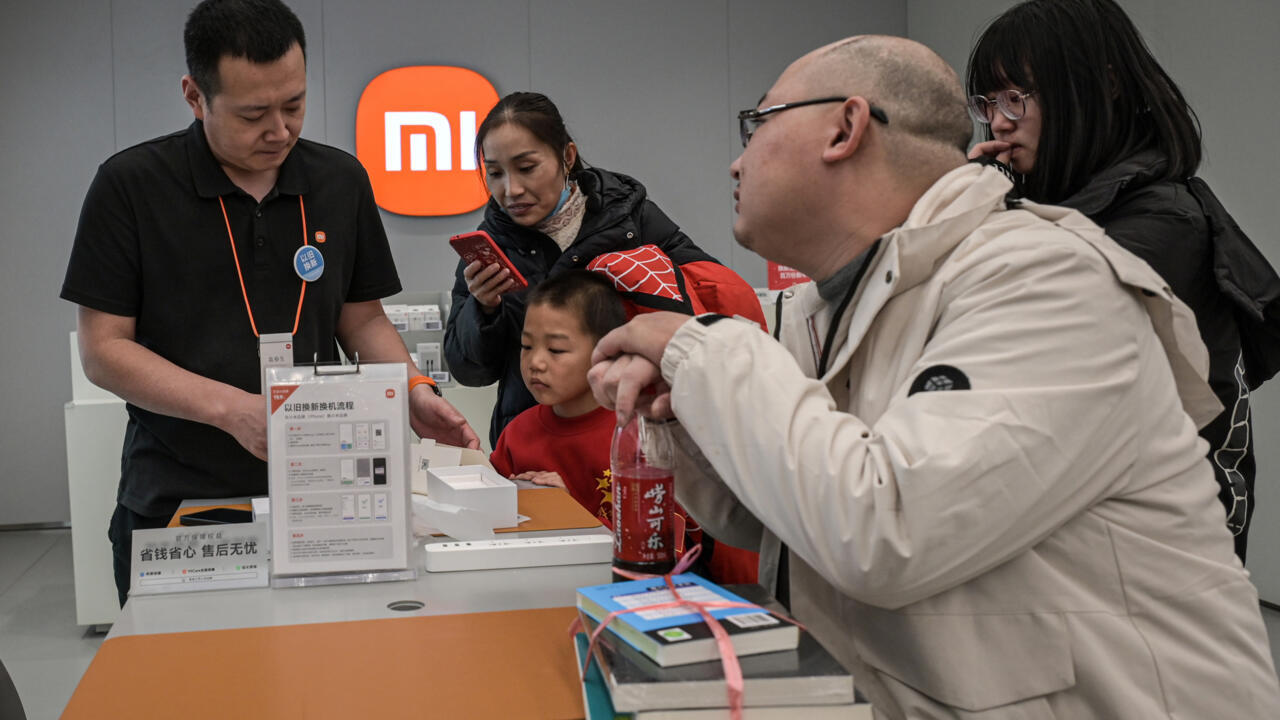Policymakers have struggled to get China’s billion-strong army of consumers to inject cash into the economy as a prolonged real estate crisis weighs on confidence.
And last week, they expanded a subsidy scheme for common household items, from water purifiers and refrigerators to laptops and electric vehicles.
Outside a bustling shopping centre in Sanlitun, one of the capital’s most popular commercial districts, 25-year-old Li Ling told AFP the policy could work as an “incentive”.
“If someone’s budget is not very abundant, such policies can support them in their consideration about buying things,” she said.
“I think the policy can just be regarded as an incentive,” she said.
Beijing is nervously looking to the second administration of Donald Trump, who has vowed brutal tariffs on Chinese goods in retaliation for Beijing’s allegedly unfair trade practices — fuelling fears of another trade war.
And experts say the country may need to shift towards a growth model driven largely by domestic consumption as those pressures mount.
Under the broadened subsidy scheme, people can get 20 percent off microwave ovens, water purifiers, dishwashers and rice cookers, among other things — with the state covering the discount of up to 2,000 yuan ($275).
Gadgets such as smartphones, tablets and smartwatches also now receive subsidies of up to 15 percent.
‘Saving is meaningless’
Shopper Yang Boyun told AFP that he recently took advantage of the new deal.
“I bought three Xiaomi air conditioners,” he said, referring to one of China’s leading consumer goods brands. “They all only cost 8,000-9,000 yuan. Normally each one would cost more than 4,000 yuan,” he said.
But Yang, a worker in the crisis-hit property sector, said much stronger action was needed for the country to reverse its economic malaise.
“Only after some changes to the macroeconomic regulation of the country will individuals feel the effects,” he said.
Beijing is set to release a tranche of economic data Friday and analysts expect the country to report its weakest growth in decades.






